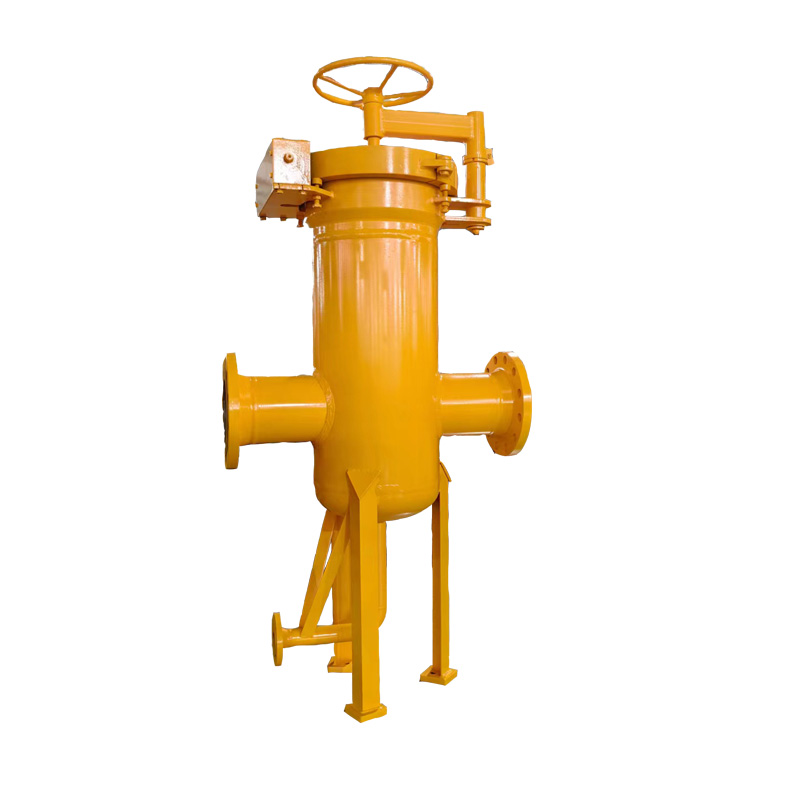
Nov . 22, 2024 15:10
Back to list
metering systems
Understanding Metering Systems An Essential Component of Modern Utilities
Metering systems are integral to the efficient management of utilities and energy consumption. They serve as the backbone for measuring the usage of water, gas, electricity, and other vital resources in residential, commercial, and industrial settings. As technology evolves, the importance of sophisticated metering systems becomes increasingly evident, ensuring that accurate data is collected for billing, resource management, and sustainability efforts.
The Role of Metering Systems
At its core, a metering system is designed to quantify the consumption of utilities by capturing data at regular intervals. This data is crucial not just for billing purposes but also for understanding consumption patterns. Accurate metering helps utility providers detect leaks, manage resources effectively, and predict future demand. Moreover, it allows consumers to monitor their usage, encouraging energy-saving behaviors and fostering a culture of sustainability.
Types of Metering Systems
There are several types of metering systems used across different utilities. The most common include
1. Electricity Meters These devices measure the amount of electrical energy consumed by households and businesses. Traditional mechanical meters are being replaced by smart meters, which offer real-time data transmission and additional features, such as time-of-use pricing and remote monitoring.
2. Water Meters Water consumption is monitored through various types of meters, including positive displacement and ultrasonic meters. Like electricity meters, smart water meters provide detailed consumption patterns, aiding in leak detection and water conservation efforts.
3. Gas Meters Gas metering generally employs either diaphragm or rotary meters to measure consumption. Advancements in technology have introduced smart gas meters, enabling utilities to gather data for better forecasting and improved service delivery.
4. Renewable Energy Meters With the rise of renewable energy sources, specialized metering systems are being developed to measure the output from solar panels and wind turbines. These meters enable users to track their energy production and feed excess energy back into the grid, promoting a more decentralized energy system.
metering systems

Smart Metering Revolutionizing Utility Management
The introduction of smart metering has transformed the landscape of utility management. Smart meters utilize advanced communication technologies to transmit data directly to utility providers, eliminating the need for manual reading. This transition enhances accuracy, reduces operational costs, and improves customer engagement.
Smart metering systems offer numerous benefits, including
- Real-Time Data Access Customers can monitor their usage in real time, allowing for more informed decisions regarding consumption. - Dynamic Pricing With real-time data, utility providers can implement dynamic pricing models that incentivize consumers to use energy during off-peak periods, contributing to grid stability. - Enhanced Reliability Automated monitoring and data collection help utilities quickly identify and respond to outages or service interruptions.
The Importance of Data Management
While metering systems are crucial for data collection, the management and analysis of that data are equally important. Utilities must invest in robust data management platforms that enable them to process, analyze, and derive actionable insights from the collected data. Advanced analytics can identify trends, forecast demand, and highlight areas for improvement in service delivery.
Additionally, utilities face challenges related to data privacy and security. As the amount of data collected increases, safeguarding this information becomes paramount. Ensuring compliance with regulations and protecting consumer data will be key to building trust and maintaining a strong relationship with customers.
Future Trends in Metering Systems
The future of metering systems is poised for even further advancements. The integration of the Internet of Things (IoT) and artificial intelligence (AI) will enable even more sophisticated monitoring and predictive maintenance capabilities. As cities continue to grow and the demand for utilities increases, smart city initiatives will rely heavily on effective metering systems to optimize resource allocation and improve overall quality of life.
In conclusion, metering systems are more than just tools for billing; they are essential for managing the modern utility landscape. By embracing advanced metering technologies and effective data management practices, both utility providers and consumers can work together towards a more sustainable and efficient future. As metering systems continue to evolve, they will play a critical role in shaping energy consumption and promoting responsible resource management worldwide.
Next:
Latest news
-
Safety Valve Spring-Loaded Design Overpressure ProtectionNewsJul.25,2025
-
Precision Voltage Regulator AC5 Accuracy Grade PerformanceNewsJul.25,2025
-
Natural Gas Pressure Regulating Skid Industrial Pipeline ApplicationsNewsJul.25,2025
-
Natural Gas Filter Stainless Steel Mesh Element DesignNewsJul.25,2025
-
Gas Pressure Regulator Valve Direct-Acting Spring-Loaded DesignNewsJul.25,2025
-
Decompression Equipment Multi-Stage Heat Exchange System DesignNewsJul.25,2025

